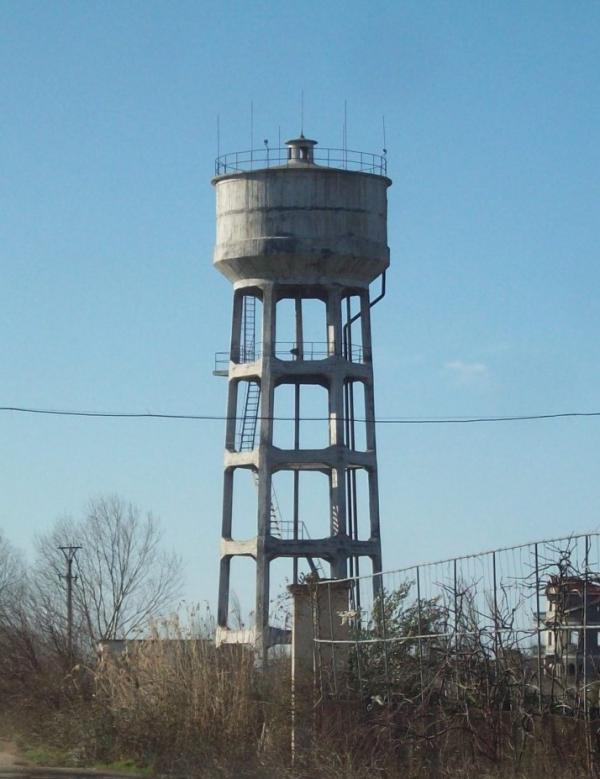Albania to pilot UNECE’s scorecard for equitable access to water and sanitation
22 Apr 2024 by The Water Diplomat

Albania has commenced a comprehensive assessment of access to water and sanitation in the country in order to generate a baseline measure of equitable access to these services. At a workshop held in Albania in March this year, a data gap had been identified on vulnerable and marginalized communities, which the baseline assessment will seek to address. Already in 2022, at the 6th session of the Meeting of the Parties to the Protocol on Water and Health – a meeting convened every three years to assess access to water and sanitation across Europe - Albania had expressed interest in the self-assessment exercise.
The work will be executed under the leadership of the Water Resources Management Agency (AMBU) and the Ministry of Health and Social Protection and with the support of UNECE. The assessment makes use of an Equitable Access Score-card tool which scores responses to qualitative and quantitative questions about the management and effectiveness of water and sanitation services in the country. Using the scorecard is not an obligation for the parties to the Protocol on Water and Health, but the use of the tool is highly encouraged in UNECE countries to support the generation of a baseline measure of equity of access to water and sanitation. This enables a country to identify related priorities, to set targets to bridge the identified gaps and to evaluate progress.
Currently, some 71% of the population uses a safely managed drinking water service and 56% of the population uses a safely managed sanitation service. An EU assessment of the Albanian water sector carried out in 2016 noted some major challenges with many utilities not operational, limited sewerage networks, high levels of illegal water supply connections, intermittent water supplies and low levels of revenue recovery from the available water.
As part of the integration into the European Union, Albania will also be going through the process of aligning its water resources legislation and policies to the EU Water Framework Directive (WFD) which governs water management across the region. This includes issues such as reform of the legislative framework for water, the development of river basin management plans, capacity building of institutions to implement integrated water resources management, and the reform of the economic and budgetary framework for water management.
Legislative reform has already taken place: in 2016, the government of Albania issued water services regulations that effectively transposed the EU’s Drinking Water Directive into the national regulatory framework, laying down the requirements regarding the quality of drinking water to protecting public health from contamination risks while ensuring that drinking water is healthy and clean. The country also intends to transpose Drinking Water Directive 2020/2184 of the European Parliament and of the Council of 16 December 2020 on the quality of water intended for human consumption.
In the realm of river basin management, Albania is currently preparing three river basin management plans in accordance with WFD requirements, and it has been further proposed that the equitable access scorecard should be extended to the basin level. In particular, the Ishmi River Basin is the most densely populated basin in the country and is home to the capital city Tirana and the coastal town of Durres – together accounting for 35% of the total population.
